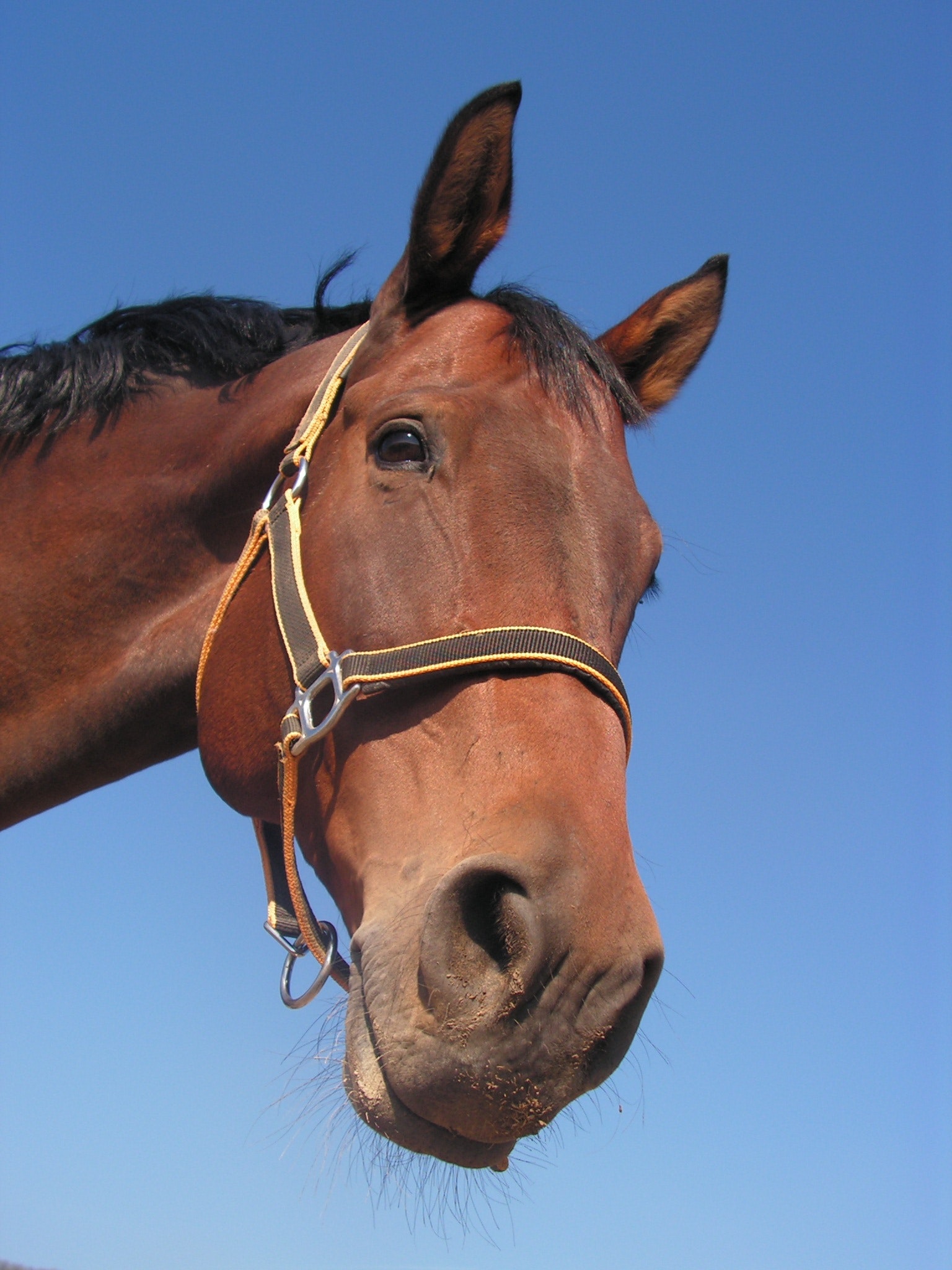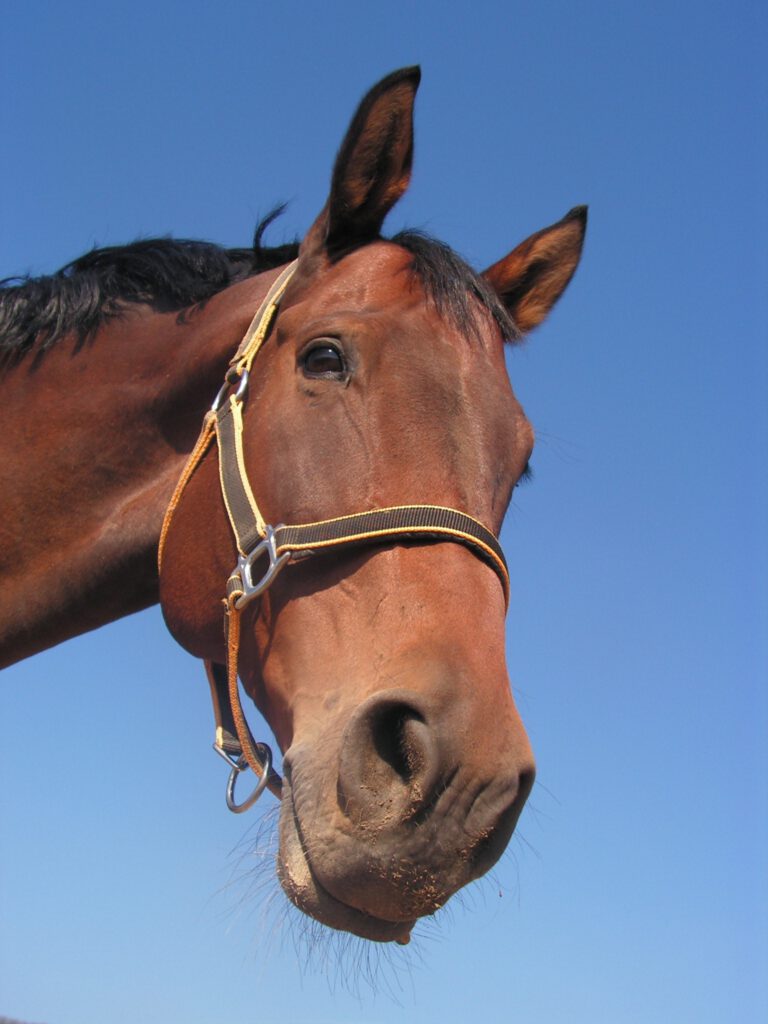Should You Get A Horse?

Owning a horse is a childhood dream for many. But just what does it really take to own a horse? This post details just some of the big things to consider before buying a horse.
The cost
According to a survey by The University of Maine, the average horse owner in the US spends $3,876 annually per horse. The median cost meanwhile was about $2,419.
What makes owning a horse so expensive? It’s a combination of a number of things. Firstly, horses need to be kept somewhere – in most cases, on someone else’s land, which has to be rented. On top of boarding fees, there’s the cost of maintenance and cleaning, including buying bedding and equipment. Horses also eat a lot of food – this alone can quite often come up to $2,000 per year. Then, there’s vet bills and hoof maintenance to consider (horse insurance can sometimes help to make this more affordable).
There are lots of ways to save money on a horse, which could result in your spending a lot less each year. This could include shopping around for food items like baling hay and doing your own grooming, health checks and cleaning. There are also options such as shared ownership of a horse or even leasing a horse.
The upkeep
Looking after a horse is a lot of work. Like any other pet, you need to be willing to invest time into caring for your horse. Some of the regular upkeep includes cleaning stables, replenishing water, feeding your horse, grooming your horse, exercising your horse, cleaning equipment (i.e. saddles, bridle), maintaining the field and booking veterinary check-ups.
If you already live a busy life, consider whether you have time for all this upkeep. You can pay someone to do a lot of this upkeep for you, but that’s then an extra cost to consider.
The training
Training a horse can be fun and rewarding. It can also be very challenging. Even if you have no plans to ride or drive your horse, you’ll need to teach your horse some essential horse manners such as learning to stand still when being groomed, teaching them how to get onto a trailer and getting them to lead quietly.
Training is likely to be as much of a learning curve for you as it is for them. You’ll likely want to hire the help of a professional trainer. A younger horse is likely to be much more challenging and is better suited to those who have a lot of experience with horses. Consider whether you are up for the challenge and willing to learn.
The commitment
A horse isn’t like a hamster – it’s not the type of pet you have for only two or three years. In fact, the average horse lifespan is about 25 to 33 years.
If you’ve long had an interest in horses, then it’s likely you’ll be able to make this commitment. However, if you have a tendency of going through animal phases, you may find that this is too much to commit to. Of course, there are alternative short-term options like leasing a horse or fostering a horse.
Yay or neigh?
Clearly, getting a horse is a big decision. Make sure you’ve carefully weighed up the pros and cons and that you’ve done your research. There are many ways to spend time with horses without taking on the responsibility of owning them – this could include taking horse-riding lessons, working at a livery yard or volunteering to help someone else that owns a horse. Alternatively, you may be ready to take the step and become a horse owner.



